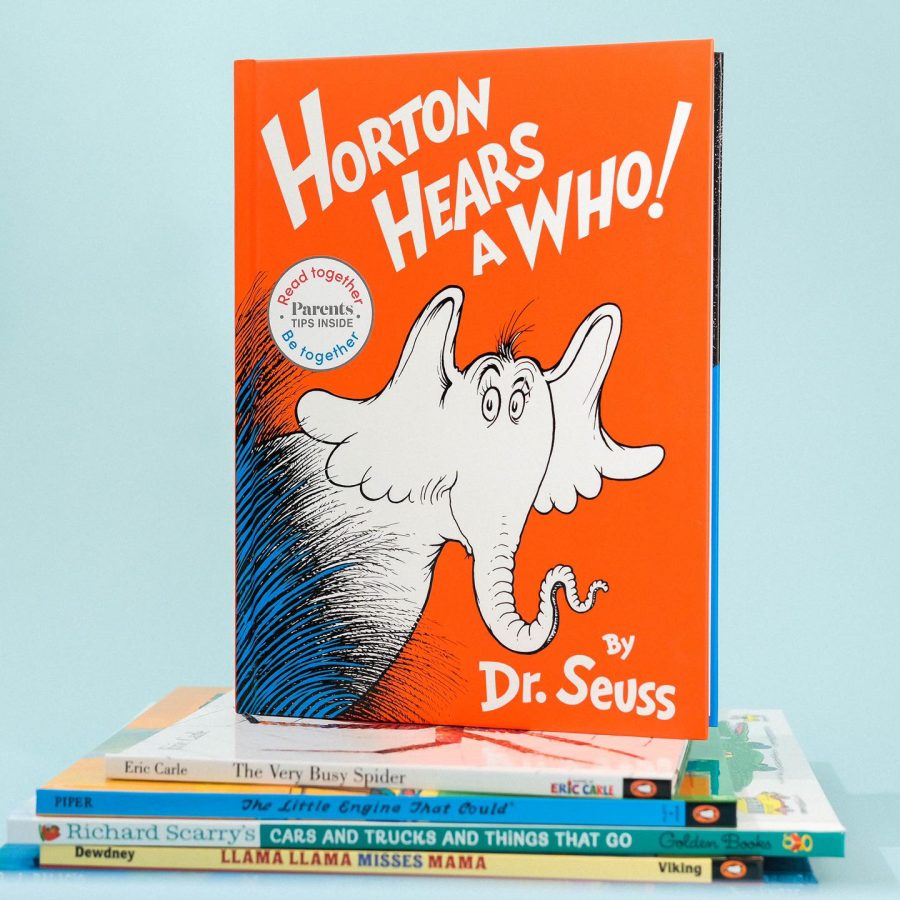This week, Dr. Seuss Enterprises announced that they will stop publishing six of Seuss’ works because they feature offensive racial stereotypes. The books, including “And to Think That I Saw It on Mulberry Street” and “If I Ran the Zoo,” depict Asian and African characters in harmful ways.
“Ceasing sales of these books is only part of our commitment and our broader plan to ensure Dr. Seuss Enterprises’ catalog represents and supports all communities and families,” the statement reads.
The announcement was followed by a wave of anger from conservatives on social media who cited “cancel culture” and censorship in the name of progressivism as the reasons for the decision. On Friday evening, House Minority Leader Kevin McCarthy posted a video of himself on Twitter reading Seuss’ “Green Eggs and Ham” in defense of the author.
But Dr. Seuss was not cancelled. His estate made the independent decision to stop publishing six of his books. This kind of self-reflection should be encouraged on a personal, corporate and national level.
The conservative resistance to cancel culture is puzzling because, at its core, the form of boycott hinges on the free market of ideas. If you disagree with the messaging of a person or organization, you are free to stop consuming their work and encourage others to do the same. This has always been true, but social media has made a joke of the personal choice to boycott by conflating silly celebrity controversies with the real need to hold people accountable. Cancel culture is a slippery slope, and minor indiscretions should not be punished to the same degree as acts of racism or sexual misconduct.
However, Dr. Seuss’ books were not brought down by an internet mob, and his works are not gone forever.
You will still be able to find the books in libraries, in second-hand stores and as PDFs online. The choice to read them, despite the content, is no less allowed than the choice to stop publication.
It wasn’t the government that decided to stop publishing Seuss’ books, it was his estate. Dr. Seuss Enterprises made a choice that is becoming increasingly common, to self-revise published works in the name of progress.
Recently, Disney Plus added content warnings on 18 episodes of “The Muppet Show” that were deemed insensitive.
“Rather than remove this content, we want to acknowledge its harmful impact, learn from it and spark conversation to create a more inclusive future together,” Disney said.
Last summer, Tina Fey pulled four episodes of her comedy “30 Rock” from stores and streaming services because they included blackface.
“I understand now that ‘intent’ is not a free pass for white people to use these images. I apologize for pain they have caused,” said Fey.
These decisions and statements may be more of an act of self-preservation than a genuine reckoning with race, but they are not the product of cancel culture. A step in the right direction is still a step, regardless of intent, and personal accountability is something that we should all strive for.
There is a nuanced discussion to be had about the morality of Seuss’ work and his depictions of people of color, but this leaves out the main audience of his books: children. Young readers are not going to be engaging in thoughtful criticisms of Seuss’ stories. It is irresponsible to think that the preservation of 20th century racism can go hand in hand with the raising of a more accepting and open-minded generation.
Catherine Hurley can be reached at [email protected]. Follow her on Twitter @cath_hurley.




















